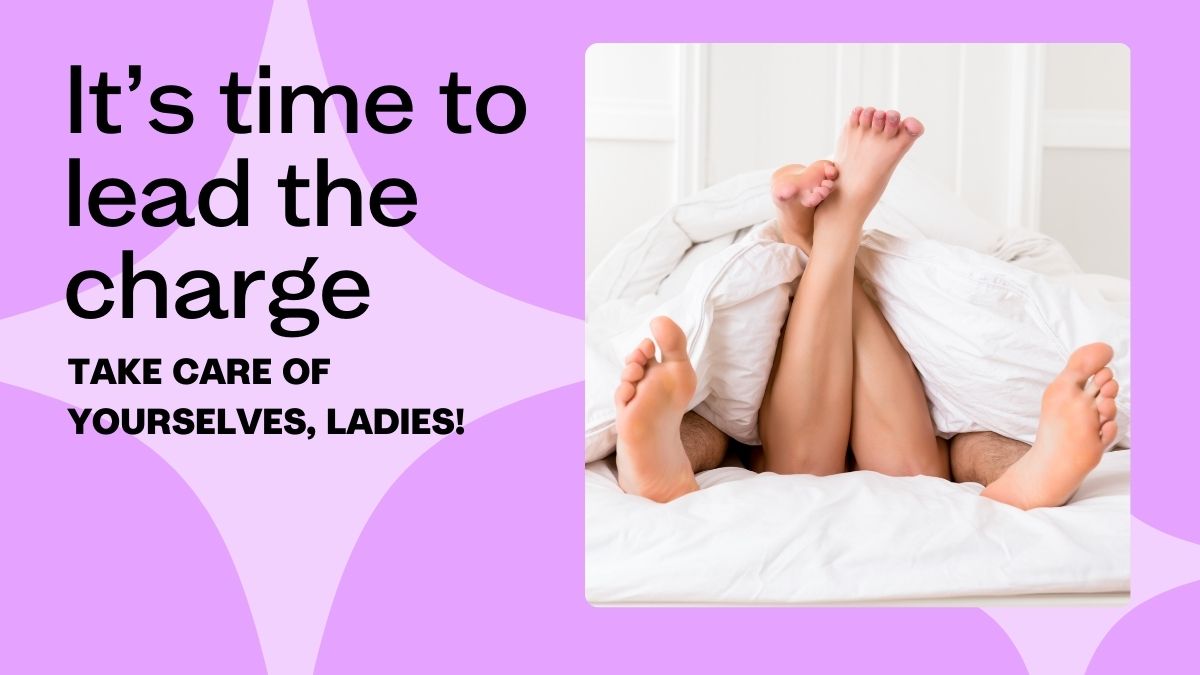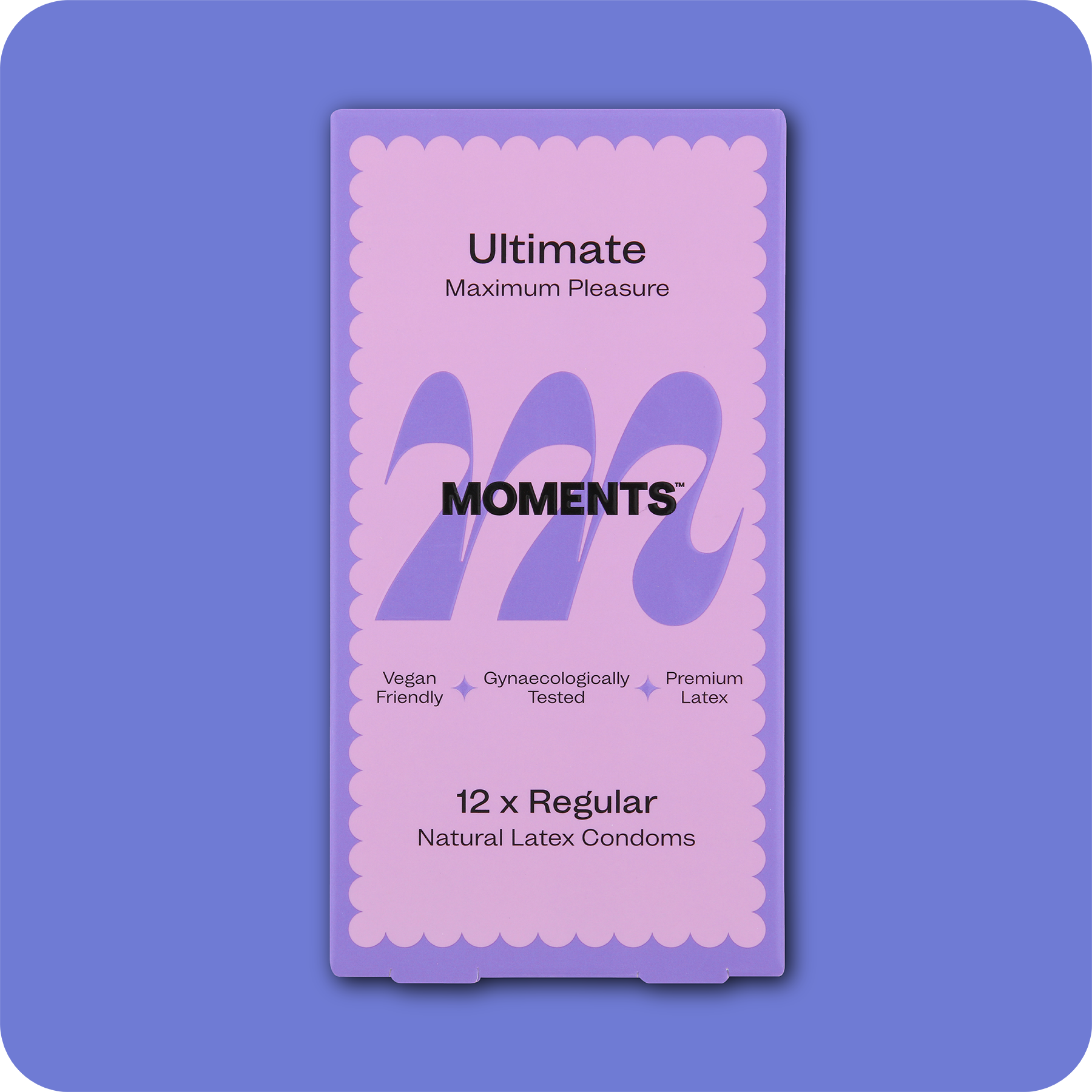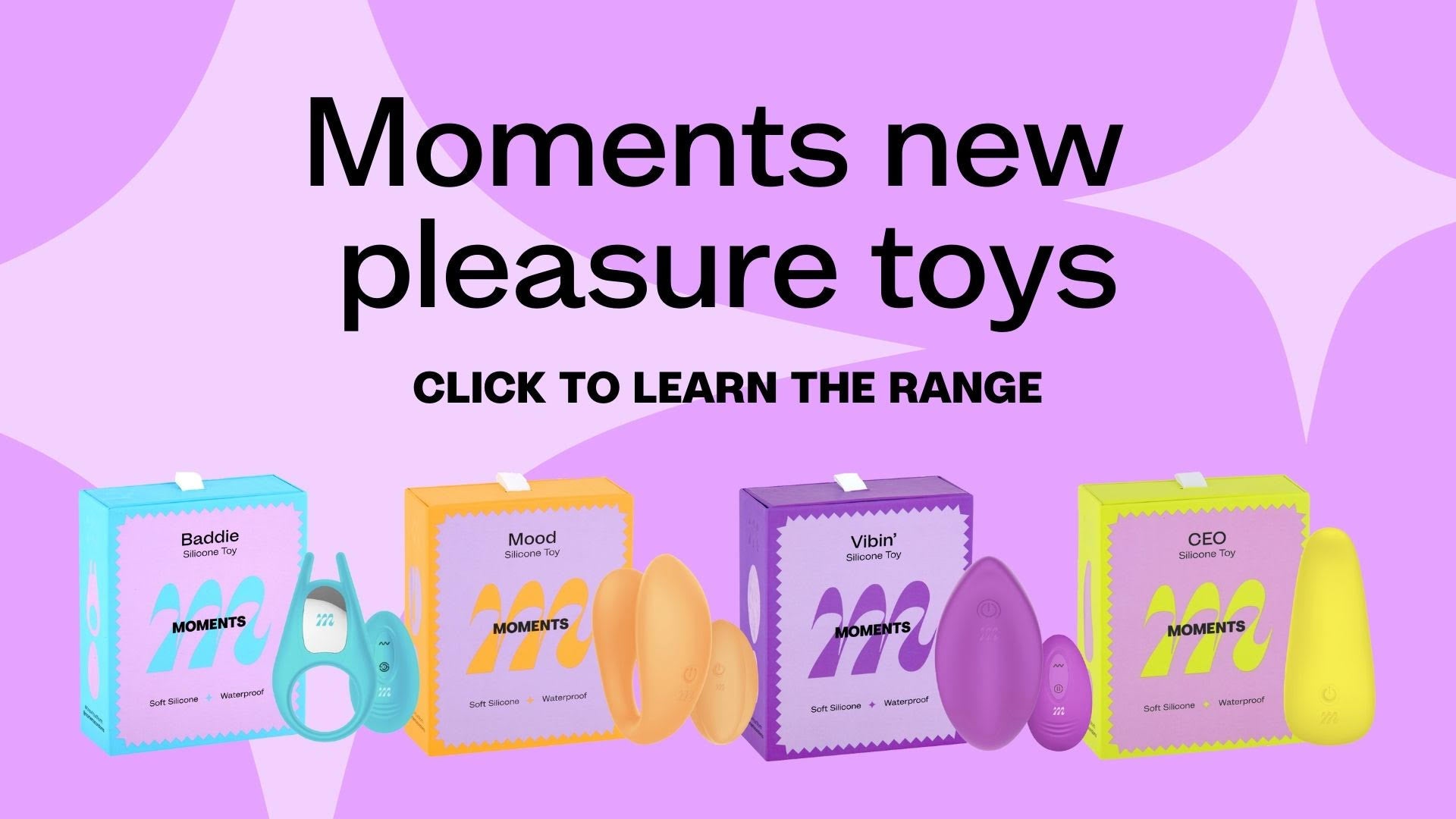Here at Moments, we think it’s better to talk candidly about sex and partners and protection. We believe it’s better to get these things out in the open and have a frank chat about the issues facing Australian women – such as our sexual health.
Because when it comes to sexual health, women in Australia are still uncomfortable talking about it or taking proper care of themselves.
A psychologist, personal trainer, TV presenter, and self-confessed health nut, Leanne Hall is on a mission to get as many of us as possible to prioritise and value our health, especially when it comes to sexual health.
Teaming up with Moments Condoms as one of our leading ladies, Leanne is writing on the blog about why women need to take better care of their sexual health and get on the front foot when it comes to making choices about using the right protection in the bedroom. These are her words.
Avoiding the important topics
Ladies, we need to encourage a new type of confidence in the bedroom.
There’s no shortage of information out there telling us what we should be eating and how we should be exercising. But while food and exercise are easy topics of conversation to digest, it’s a very different story when it comes to our sexual health. Far too many of us feel embarrassed and uncomfortable talking about it, especially condoms.
Studies conducted by YouGov in 2017 and commissioned by Moments show that only 32% of young Aussie women are comfortable buying condoms – and most of those women said that they were embarrassed and feared judgment from others when it comes to buying condoms.
What are we so uncomfortable about?
When it comes to condom use, let’s take a trip back to 1987 when the mass marketing of condoms first began in response to the AIDS epidemic – the ad campaign at that time was based on fear. This led to a massive increase in collective anxiety – in turn, leading to a whopping 116% increase in condom sales!
But medical science has advanced since then. We now know that HIV is no longer the death sentence it used to be. And that, my friends, has made us complacent. Because living in a first world society means we have access to some of the best medical care in the world – if we get sick and contract an STI, a course of antibiotics should fix it, right? Not necessarily!
So, condom use has dropped over time and more than 37% of women had unprotected sex in the last month alone. For those women who don’t use condoms, 67% don’t believe they are at risk of ever contracting an STI – this might be because they feel confident their partner is not infected. Still, it’s important to know that many STIs have no symptoms so your partner may not even know if he has one!
Infection rates of STIs have also increased, such as chlamydia, so what’s the message here? Know the risks and look after your sexual health by taking care of yourself.
Should we rely on fear and anxiety to look after our health?
Maybe we’re still a little traumatised when it comes to sexual health issues. What the media campaign of the ‘80s did well was educate the public and dispel the myths associated with AIDS. But it also gave us an overdose of fear!
Ladies, we need a new approach. Not one based on fear and anxiety, but one based on information, knowledge and empowerment. Having open honest conversations, talking to your GP, and being aware of the risks are all factors that can cut the stigma associated with sex, protection and your health.
For example, some young women feel that they will be judged negatively for pulling out a condom in the heat of the moment. Why? Because old-fashioned stereotypes tell us that these young women are “easy”. And if they feel like they might be judged, they’ll keep the condoms hidden away, while their sexual health takes a back seat.
And if two thirds of women aren’t comfortable even purchasing condoms, then who’s taking control of protection in the bedroom?!
Changing the health agenda
We need to get sexual health back on the agenda, understand the real health implications of STIs, and have normal conversations about condoms. So, get on the front foot, ladies, get informed about how to look after your sexual health, and more importantly, take control when it comes to making choices about using the right protection.
Women can lead the charge by providing condoms, whether it’s with a casual encounter or a long-term partner. It all comes down to self-care.
While it might feel a little awkward having conversations with prospective sexual partners about wearing a condom, remember that two minutes of awkward conversation could lead to 20 minutes of “safe” orgasmic bliss … for both of you!
Pictured below: Leanne Hall













